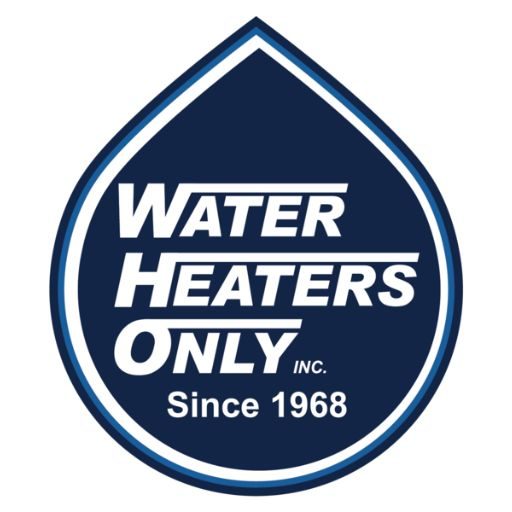Nutrition for Runners

Nutrition for runners is not just for elite athletes. Runners of any skill level
will benefit significantly by understanding that your dietary intake will have a
major impact on performance, endurance and recovery. Of course,
everyone has unique nutritional needs, and every sport or activity will
require different nutritional criteria. A 100-yard-dash runner will have a
vastly different diet than a marathon runner, but the basic concepts of
nutrition apply across the board; what to eat and when to eat it.
What To Eat
Your diet should primarily consist of carbohydrates, proteins, fats and water. A general rule of thumb to shoot for is a diet comprised of 60% carbohydrates (carbs), 20% protein and 20% fats. Hydration is also a critical factor in regulating body temperature and maintaining normal bodily functions.
● Carbs, more specifically complex carbs, such as pasta, potatoes and
whole grains are considered the ‘fuel’ for your body. Complex carbs
 supply a slow, steady release of ‘fuel’ for sustained energy.
supply a slow, steady release of ‘fuel’ for sustained energy.
●Proteins are essential for muscle and tendon repair and aid in
recovery after a workout. There are many different types of protein, in
this application lean, low fat protein such as chicken, eggs, fish and
nuts are preferred.
●Fats…wait, wait, wait, it’s not what you think, some fats (unsaturated fats) are
considered good fats. Avocados, olive oil, canola oil and flax seed oil all contain unsaturated fats. These good fats work as an additional energy source, increasing endurance.
●Hydration- For runners 2 liters daily in
addition to the water content
you get from food is a good starting point. Water, fruit juices and
sports drinks are excellent for hydration, but beware alcohol and
caffeine can actually dehydrate you.
During physical activity your body will burn both carbs and fats. By having a
fair amount of good fats in your diet, you will prolong the amount of time it
takes to deplete your carbohydrate stores, i.e. how long it takes before you run out of energy.
When To Eat
It’s not only important to eat foods that are good for you, it’s equally important to eat those foods at the appropriate times in order to maximize
the benefits. Particularly we want to be aware of the food and water we
consume before, during and after a workout.
●2-3 hours before a run you should have a light meal or
●You could have a light snack 1 hour ahead with a focus on carbs and a moderate amount of protein that will be easily converted to energy
●Limit the fats and fiber before a run as these slow the digestive process
●Drink 6-12 ounces of water 30 to 60 minutes before a run to pre-hydrate
Optimum Performance

During a run you want to replenish the fluids lost due to sweat, and sipping
water or a sports drink occasionally will do the trick. Some runners also use
energy gels during their run for increased energy. These energy gels or
energy shots are simple carbohydrates, designed to be quickly digestible
for fast energy. Those with a sweet tooth will enjoy these as they are pretty
much pure sugar with enticing flavors.
Within 30 minutes of completing your workout you need to immediately
begin refilling your carb and protein stores. This is a critical window for your
depleted body, as nutrients are readily absorbed at this time. Many runners
prefer chocolate milk here, as it contains the perfect ratio (3:1) of carbs to
protein for optimum recovery. 1-2 hours after a run you should continue to
hydrate and eat a well-balanced meal with a priority on protein and carbs:
salmon and rice, meatballs and pasta, steak and potatoes, etc.
Understanding the role that proteins, carbohydrates, fats and water plays in
running and exercise will give you a significant advantage. Whether you are
an elite athlete, a recreational runner, or someone who just wants to hit the
trail every now and then, properly preparing nutritionally is the key to
making the experience enjoyable.

